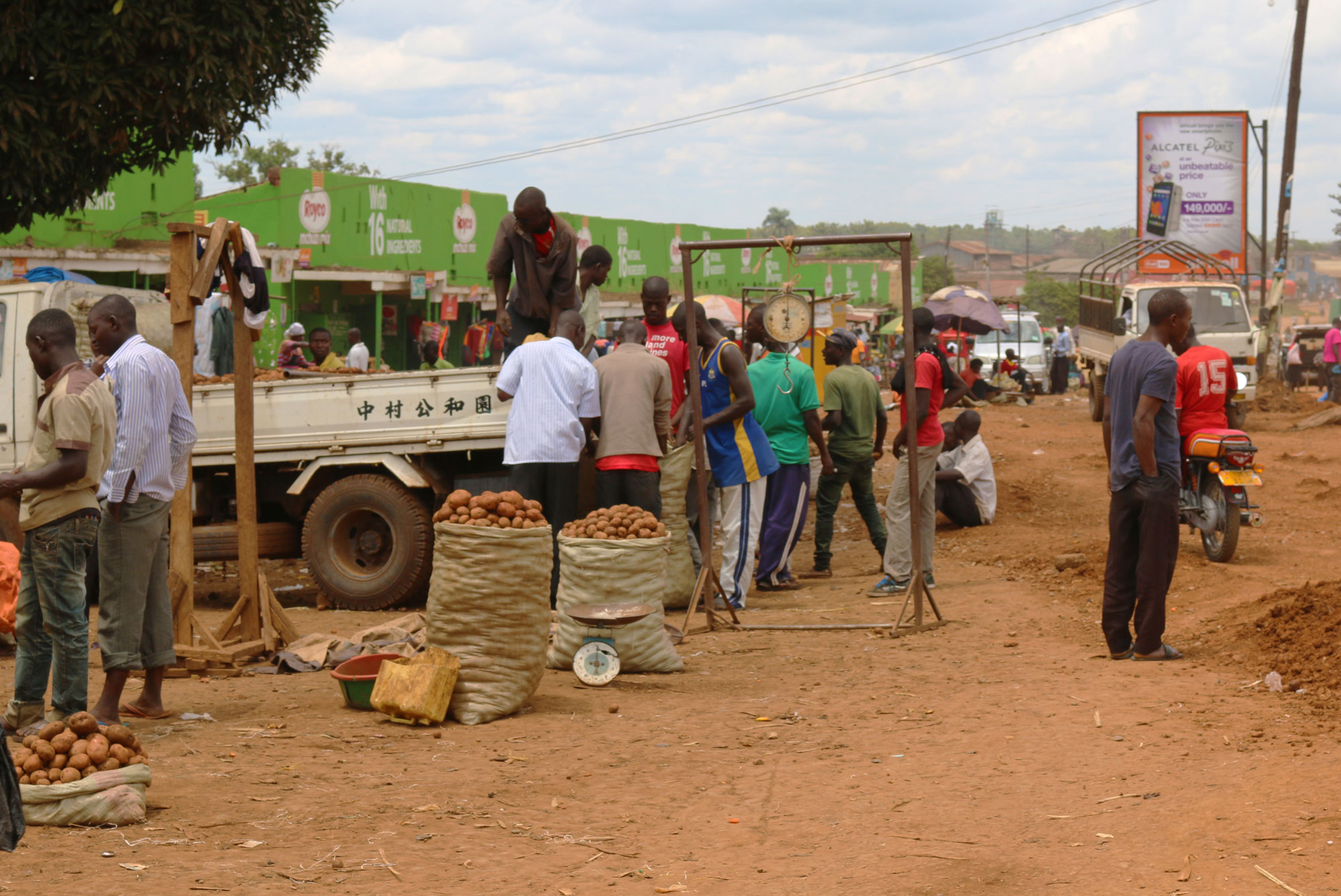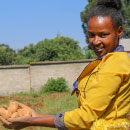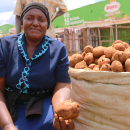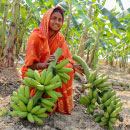As a structured method of developing value chains, the Participatory Market Chain Approach (PMCA) has shown its worth in many contexts. An assessment of the impact of PMCA in Uganda identified many successes and also brought to light areas for improvement.
Two early PMCA activities in Uganda centered on potato and sweetpotato. Both resulted in interactions and networks that evolved and are sustained among value chain actors, and which those actors regard as the most important outcomes of the projects. Thanks to increased information sharing, these networks enabled the development of more effective business strategies, and participants valued the ability to innovate and respond to changing markets that this offered. People who were trained as facilitators during the PMCA projects have become skilled innovation brokers, helping to create new networks and product chains.

To some extent, smallholder farmers were not as engaged in the PMCA, partly because they are dispersed across rural areas and partly because of lower education levels and resource constraints. Nevertheless, they gained significant benefits that boosted their business and income, often as a result of linkages forged with larger buyers. Some of the women who grow sweetpotato increased their acreage by 40% or more, and many women acquired household assets, a measure of financial independence. For most, the ability to contribute to their children’s education, which they value highly, is a source of great pride. Being able to do so boosted harmony in the family and increased their standing.
Greater gender-responsiveness is needed in PMCA. Too often, women are seen as doers and men as financiers. New models need to be developed to identify marginal groups and encourage them to participate in and, more importantly, benefit from, PMCA exercises. This has been addressed in workshops with PMCA partners in Uganda and several projects in Latin America.








